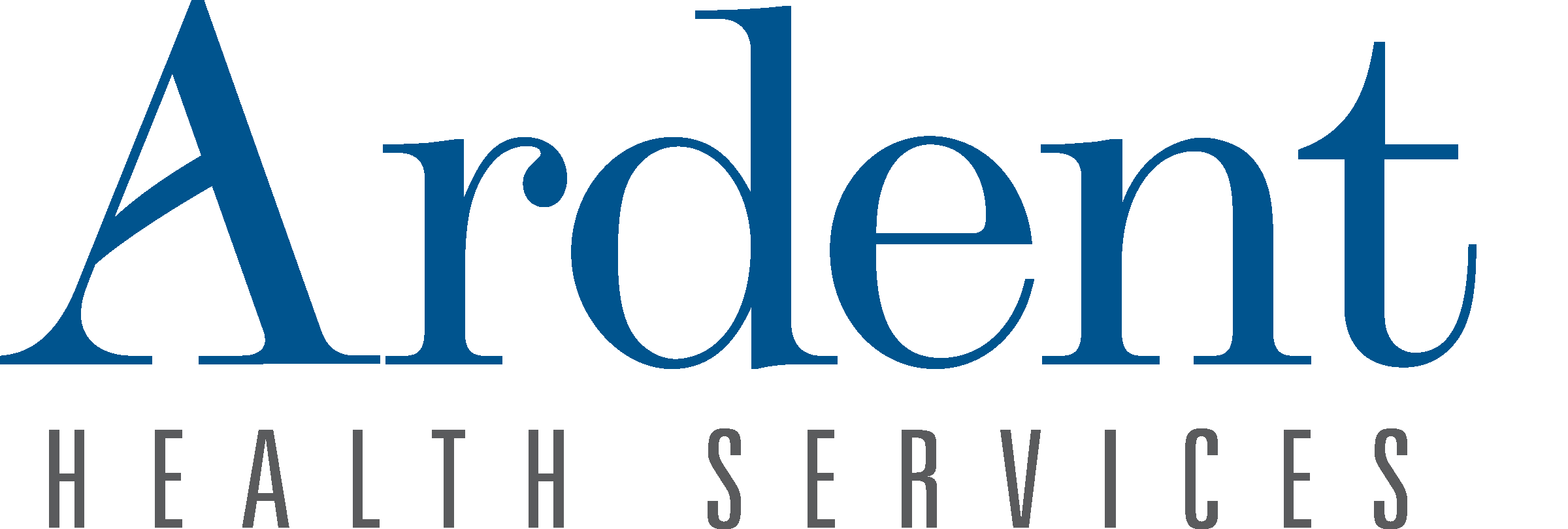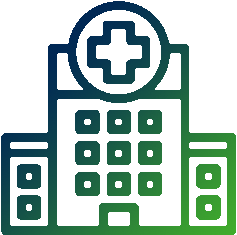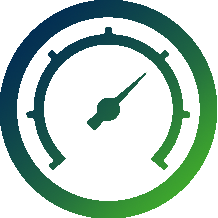Patients and health systems deserve clinicians thriving and operating at their best.
Improve Clinical Workflows
EvidenceCare's clinical workflow software is designed to empower better care decisions and improving hospital margins.
Doctors don’t need more invasive technology.
They need the right information at the right time.
Our software is designed with our end-users in mind for improved clinical workflows.

Trusted by Top Health Systems






Clinical Workflow Software
Clinical workflow software is becoming an indispensable tool in the healthcare sector, offering a blend of efficiency, decision support, and seamless integration with existing systems. This type of technology addresses the unique challenges of clinicians, making it a vital component in modern healthcare facilities.
As an enterprise workflow software, clinical workflow software excels in managing and coordinating large-scale operations typical of major hospitals and health systems. It holds a pivotal role in guaranteeing cohesive collaboration among various departments and services, thus significantly boosting the overall effectiveness of healthcare provision. This seamless integration and fluid exchange of information and responsibilities are crucial for achieving peak operational efficiency in large-scale healthcare settings.
The role of clinical workflow decision support software is equally crucial. It goes beyond basic task management to assist healthcare professionals in making informed decisions. Providing access to comprehensive patient data and analytics aids in accurate diagnosis and effective treatment planning. This decision support is instrumental in reducing errors and improving patient outcomes, making it a valuable asset in healthcare.
Clinical workflow automation stands out by reducing the administrative burden on healthcare staff. By handling repetitive tasks such as clinical documentation and even more advanced tasks such as variation and length of stay tracking, clinical workflow automation enables healthcare workers to dedicate more time to patient care. This makes operations more efficient and elevates the standard of patient care.
The amalgamation of clinical workflow software in the EHR (Electronic Health Record) systems marks a notable progression in the field. This integration ensures centralized, updated, and easily accessible patient information. It enables a more coordinated approach to patient care, as healthcare providers can access and share the same information, leading to more consistent and thorough care.
Clinical Workflow Automation Tools
Clinical workflow automation tools have charted an impressive journey, evolving from general-purpose automation solutions to sophisticated, patient encounter-specific technologies. This evolution mirrors modern healthcare systems’ growing complexity and demands, necessitating tools that cater specifically to their unique challenges.
The origins of workflow automation tools are deeply rooted in the initial phases of computerization within the business and industrial sectors. At first, these innovations were primarily focused on simplifying basic business functions, including managing documents and tracking inventory. Yet, with the advancement of technology, a growing awareness of its applicability in more specialized areas emerged, healthcare being a prominent example.
The transition from general workflow automation tools to healthcare workflow management solutions marked a significant leap. This shift was driven by the need for more tailored software that could handle the intricacies of clinical environments — from patient care coordination to regulatory compliance. Clinical workflow automation tools were developed to address these specific needs, integrating seamlessly into the complex ecosystem of healthcare services.
One compelling example of how these tools are utilized is in automating admission criteria. Clinical workflow automation software can swiftly assess a patient’s information against predefined criteria, ensuring quick and accurate decisions about the level of care needed. This speeds up the admission process and enhances patient throughput and resource allocation.
Another vital application of clinical workflow automation tools is automating medical necessity documentation. This aspect significantly reduces the administrative burden on healthcare providers. By automatically generating required documentation for inpatient vs observation status, these tools ensure compliance with healthcare regulations and streamline the billing process, thus allowing admitting physicians and hospitalists to focus more on patient care than UR interruptions.
Software for Automating Hospital Admissions
Software for automating hospital admissions marks a significant stride in healthcare technology. This innovative software streamlines admitting patients into hospitals, transforming a time-consuming and often complex task into a smooth, efficient, and error-free process.
At the heart of this advancement is clinical workflow compliance software. This specific type of software ensures that all hospital admissions adhere to the appropriate payer and medical guidelines. Automating this aspect of hospital administration speeds up the process and significantly reduces the risk of non-compliance with healthcare regulations and standards.
Another crucial component is clinical workflow optimization software. This software is designed to fine-tune the entire hospital admissions process, from the initial patient assessment to the final allocation of hospital resources. Optimizing each step ensures a more effective and patient-centric admission process and inpatient experience, enhancing the overall experience for both patients and healthcare providers.
With the integration of this technology, the hospital admission workflow becomes considerably more streamlined. Software for automating hospital admissions is adept at handling the myriad details involved in admitting a patient — from capturing personal and medical history to determining the appropriate level of care. This automation reduces the administrative burden on hospital staff, allowing them to focus more on direct patient care.
Medical appropriateness software is another innovative aspect of this technology. This software plays a key role in identifying the most appropriate medical treatments and care plans for patients, considering their unique health situations. It is instrumental in guaranteeing that every patient is provided with care specifically tailored to their health requirements, ensuring the right level of medical attention is given.
Lastly, the medical necessity documentation workflow is greatly enhanced by this software. It simplifies documenting and justifying the medical necessity of specific treatments or hospital stays. This ensures regulatory compliance for guidelines such as the two-midnight rule and aids in smooth billing and insurance processes.
Software for Reducing Healthcare Costs
One of the most impactful features of software for reducing healthcare costs is its contribution to improving patient safety. Utilizing deep data insights, it proactively identifies potential risks and suggests preemptive strategies. This focus on safety improves patient outcomes and substantially decreases the likelihood of expensive medical errors or avoidable incidents. Ensuring the safety of patients transcends clinical benefit and extends into significant financial savings by preventing the additional costs incurred due to complications or mishaps.
Diving into the realm of clinical processes, clinical workflow quality software plays a transformative role. It meticulously examines each step in the clinical journey, pinpointing opportunities for enhancement and efficiency. Streamlining these workflows doesn’t just trim down costs; it also elevates the patient experience by diminishing unwarranted care variation periods and decreasing length of stay.
In the quest to further economize healthcare, clinical variation reduction software emerges as a pivotal tool. It concentrates on harmonizing treatment methodologies across different healthcare providers. This reduction in unnecessary clinical variability ensures uniform, high-caliber care, which is crucial in eliminating superfluous or ineffective treatments that do not contribute to patient well-being and inflate costs.
Focusing on one of the substantial cost contributors in healthcare, length-of-stay variation software addresses the duration of hospital admissions. By skillfully analyzing data related to patient stays and hospital operation, it aids in efficiently predicting and managing hospitalization durations. Optimizing these stays liberates crucial hospital resources and substantially slashes the costs associated with extended hospital stays.
Finally, clinical variation management software acts as a sentinel, monitoring and controlling the divergences in healthcare delivery. It helps pinpoint optimal care practices and ensures their consistent application across the board. This oversight is key to not only reducing costs but also ensuring high-quality and effective healthcare.
Examples of Workflow Analysis in Healthcare
Workflow analysis in healthcare is a critical process that involves dissecting and understanding the various processes and systems in place within a healthcare setting. This analysis identifies inefficiencies and improvement areas, ultimately impacting patient care, physician satisfaction, and operational efficiency.
One of the best approval workflow software in healthcare is used in patient admission processes. By analyzing this workflow, healthcare providers often find that manual data entry and redundant approval steps can lead to delays in patient admissions. Implementing a streamlined approval process through software can significantly reduce these delays, leading to faster patient care and improved patient and staff satisfaction.
Another example of clinical workflow software is used in managing patient records and appointment scheduling. In many healthcare settings, the handling of patient records and scheduling is often fragmented and siloed, leading to inefficiencies and communication breakdowns.
Workflow management solutions can integrate these processes, ensuring that patient information is seamlessly shared between departments and appointments are scheduled efficiently, reducing wait times and improving patient experience.
Examples of workflow analysis in healthcare also extend to medication management and discharge procedures.
In the context of healthcare workflow examples, discharging patients from the hospital is a critical area. Often, this process is bogged down by cumbersome paperwork and coordination between multiple departments. Clinical workflow improvement software can streamline discharge procedures, ensuring that all necessary steps are completed promptly and organized. This speeds up the discharge process and ensures a better patient transition from hospital to home care.
Lastly, clinical workflow software examples often highlight the need for effective communication channels within healthcare teams. Inefficient communication can lead to delays in patient care and reduced satisfaction among healthcare providers. Clinical workflow management software can facilitate better communication through integrated messaging systems and shared access to patient information, enhancing collaboration and efficiency.
Overall, workflow analysis in healthcare, aided by sophisticated software solutions, offers tremendous potential for improving the efficiency of healthcare operations. By identifying and addressing workflow inefficiencies, healthcare providers can enhance patient care, improve physician satisfaction, and achieve overall operational excellence.
Enhance Your Clinical Workflows with EvidenceCare
Discover how EvidenceCare’s clinical decision support software can revolutionize your hospital. Designed to foster more efficient clinical workflows, our software empowers clinicians to make better care decisions and boost hospital margins. Experience the transformation in patient care and operational excellence with EvidenceCare.
Schedule a demo today and witness how our software enables healthcare professionals to thrive, delivering top-notch care with ease and efficiency.






